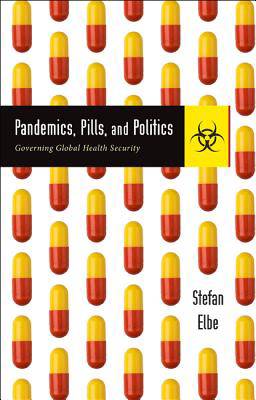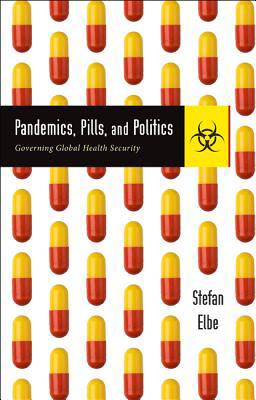
- Retrait gratuit dans votre magasin Club
- 7.000.000 titres dans notre catalogue
- Payer en toute sécurité
- Toujours un magasin près de chez vous
- Retrait gratuit dans votre magasin Club
- 7.000.0000 titres dans notre catalogue
- Payer en toute sécurité
- Toujours un magasin près de chez vous
Description
The fascinating story of Tamiflu's development and stockpiling against global health threats.orld's most prominent medical countermeasure, Tamiflu.
A pill can strengthen national security? The suggestion may seem odd, but many states around the world believe precisely that. Confronted with pandemics, bioterrorism, and emerging infectious diseases, governments are transforming their security policies to include the proactive development, acquisition, stockpiling, and mass distribution of new pharmaceutical defenses. What happens--politically, economically, and socially--when governments try to protect their populations with pharmaceuticals? How do competing interests among states, pharmaceutical companies, regulators, and scientists play out in the quest to develop new medical countermeasures? And do citizens around the world ultimately stand to gain or lose from this pharmaceuticalization of security policy?
Stefan Elbe explores these complex questions in Pandemics, Pills, and Politics, the first in-depth study of the world's most prominent medical countermeasure, Tamiflu. Taken by millions of people around the planet in the fight against pandemic flu, Tamiflu has provoked suspicions about undue commercial influence in government decision-making about stockpiles. It even found itself at the center of a prolonged political battle over who should have access to the data about the safety and effectiveness of medicines.
Pandemics, Pills, and Politics shows that the story of Tamiflu harbors deeper lessons about the vexing political, economic, legal, social, and regulatory tensions that emerge as twenty-first-century security policy takes a pharmaceutical turn. At the heart of this issue, Elbe argues, lies something deeper: the rise of a new molecular vision of life that is reshaping the world we live in.
Spécifications
Parties prenantes
- Auteur(s) :
- Editeur:
Contenu
- Nombre de pages :
- 280
- Langue:
- Anglais
Caractéristiques
- EAN:
- 9781421425580
- Date de parution :
- 01-06-18
- Format:
- Livre broché
- Format numérique:
- Trade paperback (VS)
- Dimensions :
- 150 mm x 226 mm
- Poids :
- 453 g

Les avis
Nous publions uniquement les avis qui respectent les conditions requises. Consultez nos conditions pour les avis.






